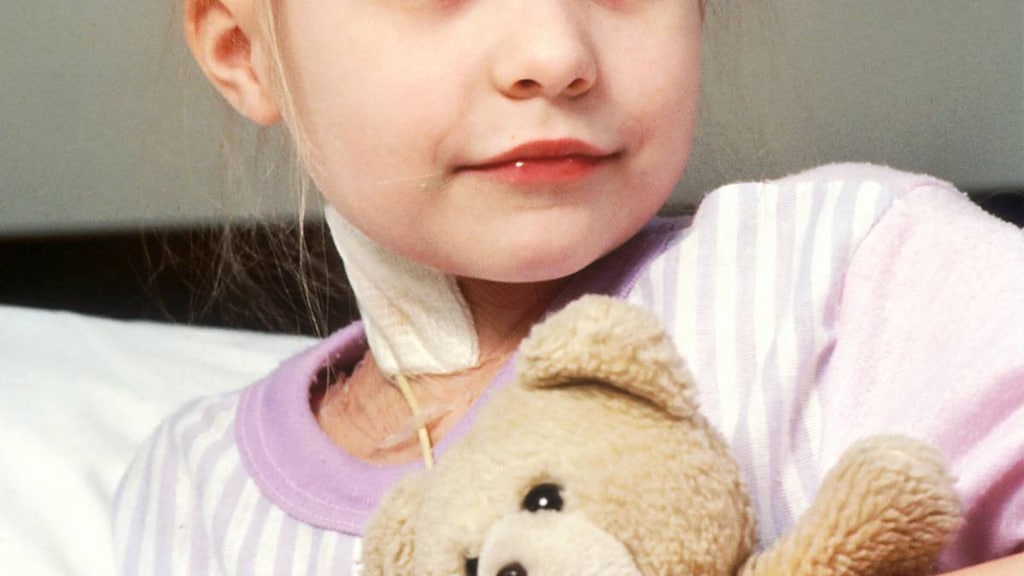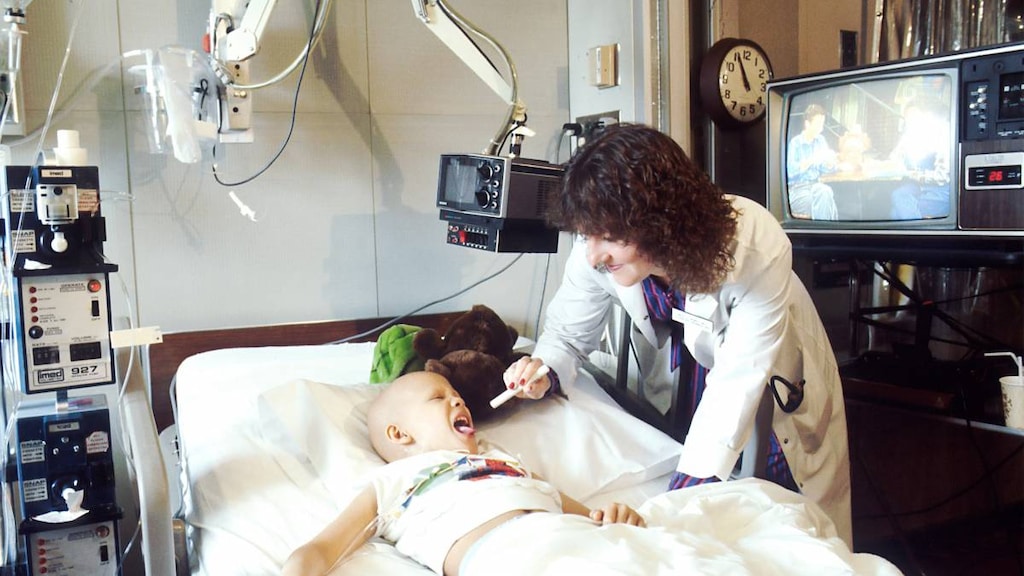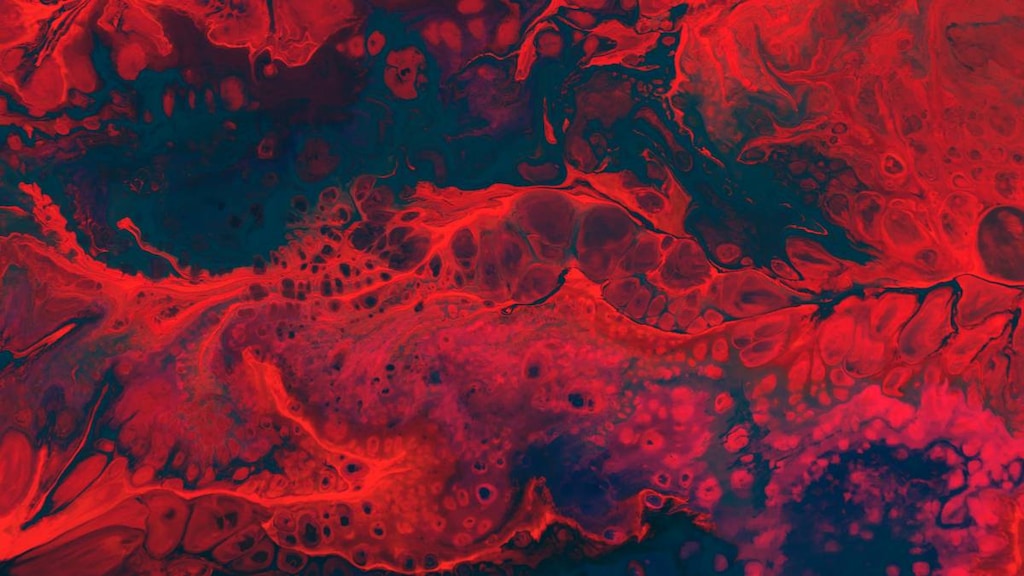What is Rituxan Hycela?
Rituxan Hycela is a prescription medicine used to treat adults with:
- Follicular Lymphoma (FL): alone or with certain chemotherapy medicines.
- Diffuse Large B-Cell Lymphoma (DLBCL): with certain other chemotherapy medicines in people who have not had previous treatment for their DLBCL.
- Chronic Lymphocytic Leukemia (CLL): with the chemotherapy medicines fludarabine and cyclophosphamide.
You can only receive Rituxan Hycela after you receive at least 1 full dose of a rituximab product by IV infusion. Read the rituximab by IV infusion Medication Guide for more information about severe infusion reactions, which usually happen during the first dose with a rituximab product given by IV infusion.
Rituxan Hycela is not for use to treat medical conditions other than cancers.
It is not known if Rituxan Hycela is safe and effective in children.
What is the most important information I should know about Rituxan Hycela?
Rituxan Hycela can cause serious side effects that can lead to death, including:
- Severe skin and mouth reactions. Tell your healthcare provider or get medical help right away if you get any of these symptoms at any time during your treatment with Rituxan Hycela:
- painful sores or ulcers on your skin, lips or in your mouth
- blisters
- peeling skin
- rash
- pustules
- Hepatitis B virus (HBV) reactivation. Before you receive Rituxan Hycela, your doctor will do blood tests to check for HBV infection. If you have had hepatitis B or are a carrier of hepatitis B virus, receiving Rituxan Hycela could cause the virus to become an active infection again. Hepatitis B reactivation may cause serious liver problems including liver failure, and death. Your healthcare provider will monitor you for hepatitis B infection during and for several months after you stop receiving Rituxan Hycela.
Tell your healthcare provider right away if you get worsening tiredness, or yellowing of your skin or white part of your eyes during treatment with Rituxan Hycela. - Progressive Multifocal Leukoencephalopathy (PML). PML is a rare, serious brain infection caused by a virus that can happen in people who receive Rituxan Hycela. People with weakened immune systems can get PML. PML can result in death or severe disability. There is no known treatment, prevention, or cure for PML.
Tell your healthcare provider right away if you have any new or worsening symptoms or if anyone close to you notices these symptoms:- confusion
- dizziness or loss of balance
- difficulty walking or talking
- decreased strength or weakness on one side of your body
- vision problems, such as blurred vision or loss of vision
- Serious allergic reactions and other severe reactions.
Serious allergic reactions, and reactions due to release of certain substances by your body that can lead to death, can happen with rituximab products, including Rituxan Hycela.
Skin reactions at or near the injection site (local), including injection site reactions, can happen with Rituxan Hycela. Symptoms at or near the injection site may include: pain, swelling, hardness, redness, bleeding, itching, and rash. These reactions sometimes happen more than 24 hours after an injection of Rituxan Hycela.
Tell your healthcare provider or get medical help right away if you get any of these symptoms during or after an injection of Rituxan Hycela:- hives (red itchy welts) or rash
- itching
- swelling of your lips, tongue, throat or face
- sudden cough
- shortness of breath, difficulty breathing, or wheezing
- weakness
- dizziness or feel faint
- palpitations (feel like your heart is racing or fluttering)
- chest pain
- fever
- chills or shaking chills
See "What are the possible side effects of Rituxan Hycela?" for more information about side effects.
What should I tell my healthcare provider before using Rituxan Hycela?
Before you receive Rituxan Hycela, tell your healthcare provider about all of your medical conditions, including if you:
- have had a severe reaction to a rituximab product or Rituxan Hycela
- have a history of heart problems, irregular heart beat or chest pain
- have lung or kidney problems
- have an infection or weakened immune system
- have or have had any severe infections including:
- Hepatitis B virus (HBV)
- Hepatitis C virus (HCV)
- Cytomegalovirus (CMV)
- Herpes simplex virus (HSV)
- Parvovirus B19
- Varicella zoster virus (chickenpox or shingles)
- West Nile Virus
- have had a recent vaccination or are scheduled to receive vaccinations. You should not receive certain vaccines before or during treatment with Rituxan Hycela.
- are pregnant or plan to become pregnant. Talk to your healthcare provider about the risks to your unborn baby if you receive Rituxan Hycela during pregnancy.
Females who are able to become pregnant should use effective birth control (contraception) during treatment with Rituxan Hycela and for 12 months after the last dose of Rituxan Hycela. Talk to your healthcare provider about effective birth control. - are breastfeeding or plan to breastfeed. It is not known if Rituxan Hycela passes into your breast milk. Do not breastfeed during treatment and for at least 6 months after your last dose of Rituxan Hycela.
Tell your healthcare provider about all the medicines you take, including prescription and over-the-counter medicines, vitamins, and herbal supplements.
How should I use Rituxan Hycela?
- Rituxan Hycela is given as an injection under the skin, in the stomach-area (abdomen).
- Rituxan Hycela is injected over 5 or 7 minutes.
- Your healthcare provider will prescribe medicines before the injection of Rituxan Hycela to help reduce side effects such as fever and chills.
- Your healthcare provider should monitor you for side effects for at least 15 minutes after you receive an injection of Rituxan Hycela.
- If you have CLL, your healthcare provider should prescribe medicines to help prevent certain infections during treatment and for up to 12 months following treatment with Rituxan Hycela.
Before each injection of Rituxan Hycela treatment, your healthcare provider or nurse will ask you questions about your general health. Tell your healthcare provider or nurse about any new symptoms.
What are the possible side effects of Rituxan Hycela?
Rituxan Hycela can cause serious side effects, including:
- See "What is the most important information I should know about Rituxan Hycela?"
- Tumor Lysis Syndrome (TLS). TLS is caused by the fast breakdown of cancer cells. TLS can cause you to have:
- kidney failure and the need for dialysis treatment
- abnormal heart rhythm
TLS can happen within 12 to 24 hours after an injection of Rituxan Hycela. Your healthcare provider may do blood tests to check you for TLS. Your healthcare provider may give you medicine to help prevent TLS.- nausea
- vomiting
- diarrhea
- lack of energy
Tell your healthcare provider right away if you have any of the following signs or symptoms of TLS:
- Serious infections. Serious infections can happen during and after treatment with Rituxan Hycela, and can lead to death. Rituximab products can increase your risk of getting infections and can lower the ability of your immune system to fight infections. Types of serious infections that can happen with Rituxan Hycela include bacterial, fungal, and viral infections. After receiving Rituxan Hycela, some people have developed low levels of certain antibodies in their blood for a long period of time (longer than 11 months). Some of these people with low antibody levels developed infections. Tell your healthcare provider right away if you have any symptoms of infection:
- fever
- cold symptoms, such as runny nose or sore throat that do not go away
- flu symptoms, such as cough, tiredness, and body aches
- earache or headache
- pain during urination
- white patches in the mouth or throat
- cuts, scrapes or incisions that are red, warm, swollen or painful
- Heart problems. Rituxan Hycela may cause chest pain, irregular heartbeats, and heart attack. Your healthcare provider may monitor your heart during and after treatment with Rituxan Hycela if you have symptoms of heart problems or have a history of heart problems. Tell your healthcare provider right away if you have chest pain or irregular heartbeats during treatment with Rituxan Hycela.
- Kidney problems Rituxan Hycela can cause severe kidney problems that can lead to death. Your healthcare provider should do blood tests to check how well your kidneys are working.
- Stomach and serious bowel problems that can sometimes lead to death. Bowel problems, including blockage or tears in the bowel, can happen if you receive Rituxan Hycela with chemotherapy medicines. Tell your healthcare provider right away if you have severe stomach-area (abdomen) pain or repeated vomiting during treatment with Rituxan Hycela.
Your healthcare provider will stop treatment with Rituxan Hycela if you have severe, serious or life-threatening side effects.
The most common side effects of Rituxan Hycela in people with Follicular Lymphoma (FL) include: infections, low white blood cell count, nausea, constipation, cough, and tiredness.
The most common side effects of Rituxan Hycela in people with Diffuse Large B-cell Lymphoma (DLBCL) include: infections, low white blood cell count, loss of hair, nausea, and low red blood cell count.
The most common side effects of Rituxan Hycela in people with Chronic Lymphocytic Leukemia (CLL) include: infections, low white blood cell count, nausea, low platelet count, fever, vomiting, and injection site redness.
These are not all of the possible side effects with Rituxan Hycela.
Call your doctor for medical advice about side effects. You may report side effects to FDA at 1-800-FDA-1088.
General information about the safe and effective use of Rituxan Hycela
Medicines are sometimes prescribed for purposes other than those listed in a Medication Guide. You can ask your pharmacist or healthcare provider for information about Rituxan Hycela that is written for health professionals.
What are the ingredients in Rituxan Hycela?
Active ingredient: rituximab and hyaluronidase human.
Inactive ingredients: L-histidine, L-histidine hydrochloride monohydrate, L-methionine, polysorbate 80, α,α-trehalose dihydrate, and Water for Injection.
For more information, go to www.RITUXANHYCELA.com or call 1-877-436-3683.




